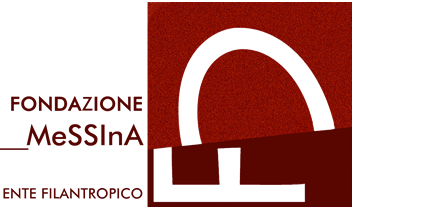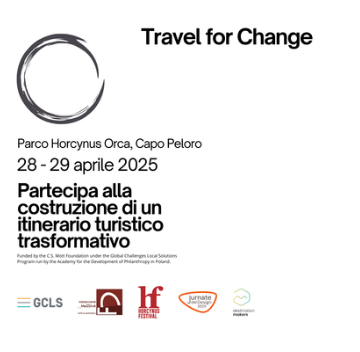About Us Copia
Local communities and territories seem to follow chaotic dynamics, in scientific terms, similar to those of other complex systems in nature. In this context, a given fluctuation in the system might trigger a different course in the history of local communities and it might modify apparently unavoidable negative trends.
FdCM aims at activating systemic, lasting initiatives in the local communities involved in order to generate that trigger event. Such initiatives, then, should represent a cornerstone of a different territorial development.
The critical context we are living today and that we will have to co-exist with in the next decades requires humankind to undergo a metamorphosis and develop a new humanism within which new relations and approaches incorporate the notion of constraint.
An operational strategy capable of testing such metamorphosis processes must necessarily foresee the transformation of:
- the socio-economic paradigm;
- the knowledge system;
- the energy models;
- the local and global governance models.
It is now clear why the Foundation goes beyond the traditional dynamics of philanthropy, and explicitly pursues social justice and economic development in the communities in which it is active. The Foundation has been established in order to foster and experiment with new, inclusive socio-economic approaches based on a long-term horizon, efficient in the fight against mafias as well as in the socio-economic inclusion of marginalized people. The Foundation, furthermore, provides a conceptual framework to counteract the ideological conformism that has started undermining the principles of equality, liberty and dignity granted by the Italian Constitution.
Therefore, the FdCM’s mission consists in promoting a sustainable human development, by encouraging the creation of fruitful interconnections among welfare, cultural and productive systems in order to: foster research and technology transfer programs for the enhancement of social economy, attract creative and scientific innovators, implement urban regeneration programs and enhance the social capabilities of local communities.
More specifically, FdCM is testing economic paradigms which put the following external constraints to utility maximization: the progressive expansion of the substantive freedoms of the more disadvantaged people to live the life they value; the construction of social cohesion; environmental sustainability and the unveiling and enhancement of beauty.
From a strategic and functional viewpoint, the FdCM openly follows the capability approach, and it thus promotes:
- on the one side, the creation of high-quality urban and socio-economic systems capable of generating viable alternatives for target materially and culturally disadvantaged beneficiaries relating to knowledge, social relations, housing, income and employment dimensions. In this way such systems should also boost the development of the imagination, of desires and aspirations on social spaces and on common goods;
- on the other side, the deployment of individual and community social support projects that aim at aiding those beneficiaries to fully understand the new alternatives, thus allowing them to recognize and grasp those more suitable for their own well-being.
The FdCM activity has been deemed highly innovative and it is considered as one of the most interesting cases in Europe by several organizations, such as:
- the European Network of Cities and Regions for the Social Economy (REVES);
- the European Federation of Ethical and Alternative Banks (FEBEA), in its “Atlas of job creation – good practices for social inclusion”;
- the archive on social generativity in Italy, Genius Loci, edited by the Sturzo Foundation in collaboration with the journal “Vita”;
- the OECD, within the LEED program;
- the Kip International School (Knowledge, Innovations, Policies and Territorial Practices for the United Nations Millennium Platform), which has recognized FdCM as a mature example of integrated local development and as an innovation-action generation centre. For this reason, the KiP has included FdCM within its global network of research and education structures;
- Finally, the Global Alliance for Banking on Values (GABV), which has select- ed FdCM among 23 stories worldwide for its level of social innovation and for its efficiency in fostering human development.






